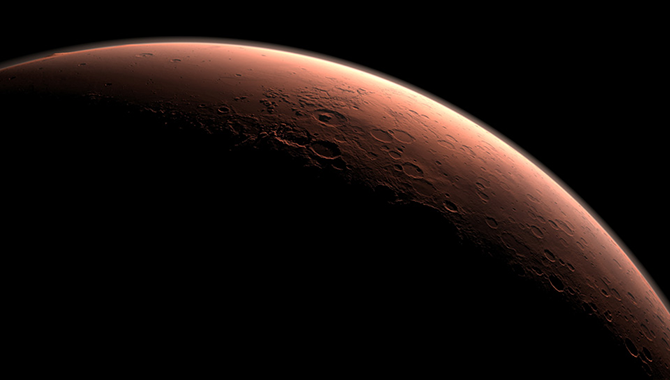
Human space exploration speaks to a basic desire to explore and understand. Just as basic, says the National Research Council (NRC), is the need for ongoing support.

Human space exploration speaks to a basic desire to explore and understand. Just as basic, says the National Research Council (NRC), is the need for ongoing support.
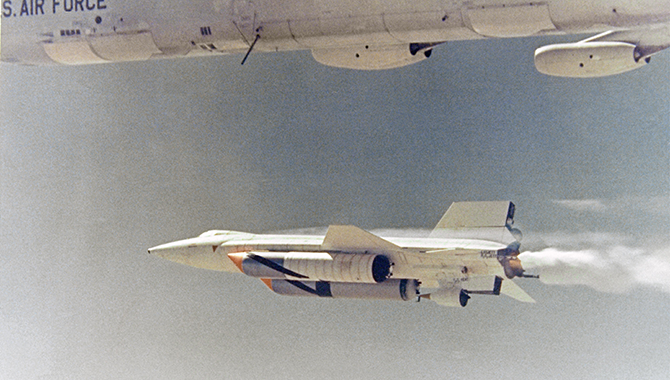
On October 3, 1967, U.S. Air Force pilot William “Pete” Knight set a world speed record in an X-15 rocket plane. Minutes later, the aircraft landed charred and broken.
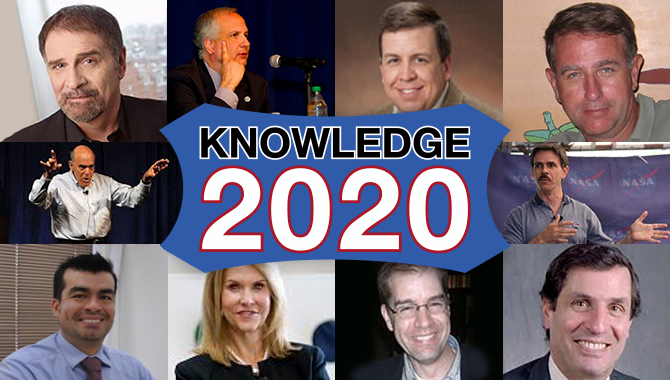
NASA’s Chief Knowledge Officers (CKO), NASA Knowledge Points of Contact, and project and program practitioners are all coming together for a unique knowledge sharing and problem solving event at Kennedy Space Center (KSC), October 21st – 23rd, 2014.
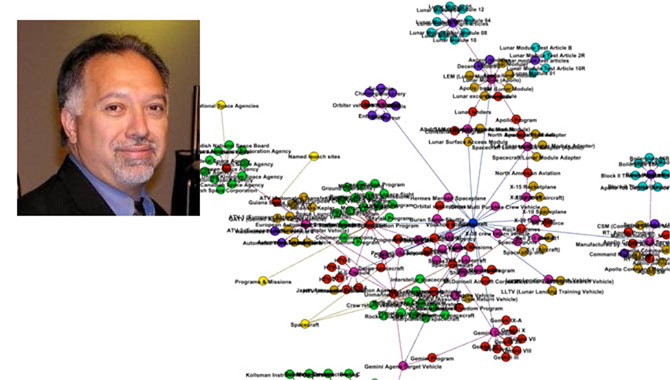
When NASA Chief Knowledge Officer (CKO) Ed Hoffman travels to NASA centers in support of APPEL project management and engineering courses, he often partners with the local CKO to facilitate a segment on finding knowledge at NASA.
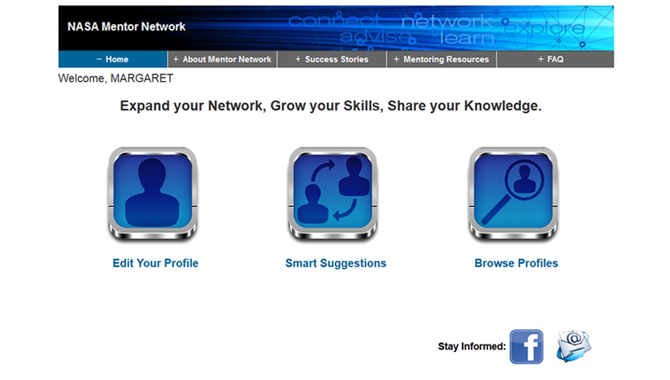
NASA recently launched an online mentoring resource that takes much of the uncertainty out of making professional development connections.
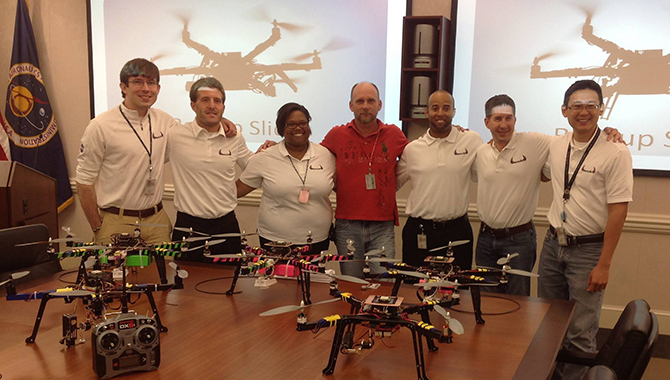
A year ago, six early-career engineers from Marshall Space Flight Center experienced success with their unmanned aerial vehicles. They haven’t stopped flying since.
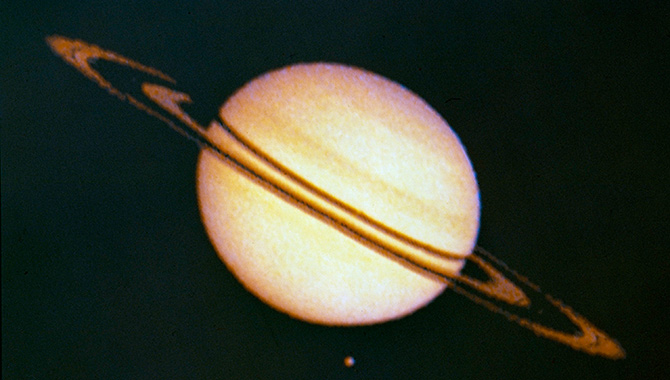
On September 1, 1979, Pioneer 11 made history as the first spacecraft to fly by Saturn. Its journey paved the way for Voyager—but dashed hopes of finding life on Titan.
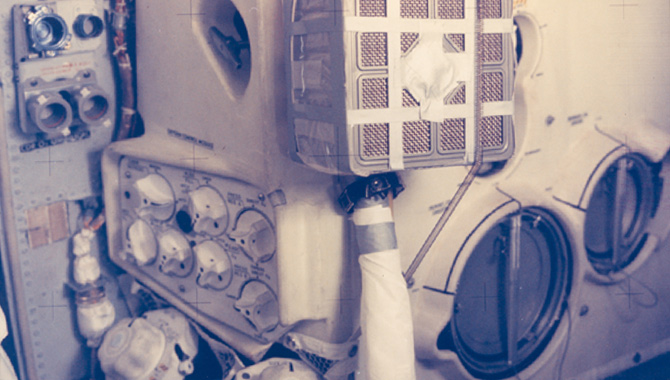
There are actually several Tom and Jerry cartoons in which Jerry (the mouse) rescues a goldfish from Tom (the cat). Inevitably, in one of these episodes, a fish bowl filled with water descends upon Tom’s head only to encase it.
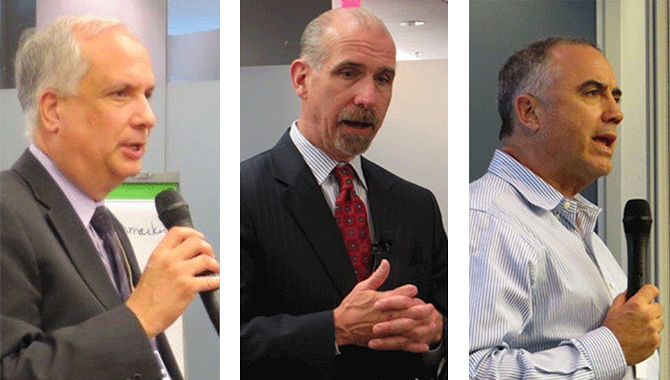
On September 5, 2014, the Department of Transportation (DOT) hosted the 16th Meeting of the Federal Knowledge Community (FKMC) for a special meeting featuring the Project Management Institute’s President and CEO, Mark Langley.